Words to Ruin: On Language
This edition explores if the English language is inherently limiting or not
Words to Ruin is an extension of Cxlture Vxlture — an explorative and speculative practice that focuses on communications importance in reality creation.
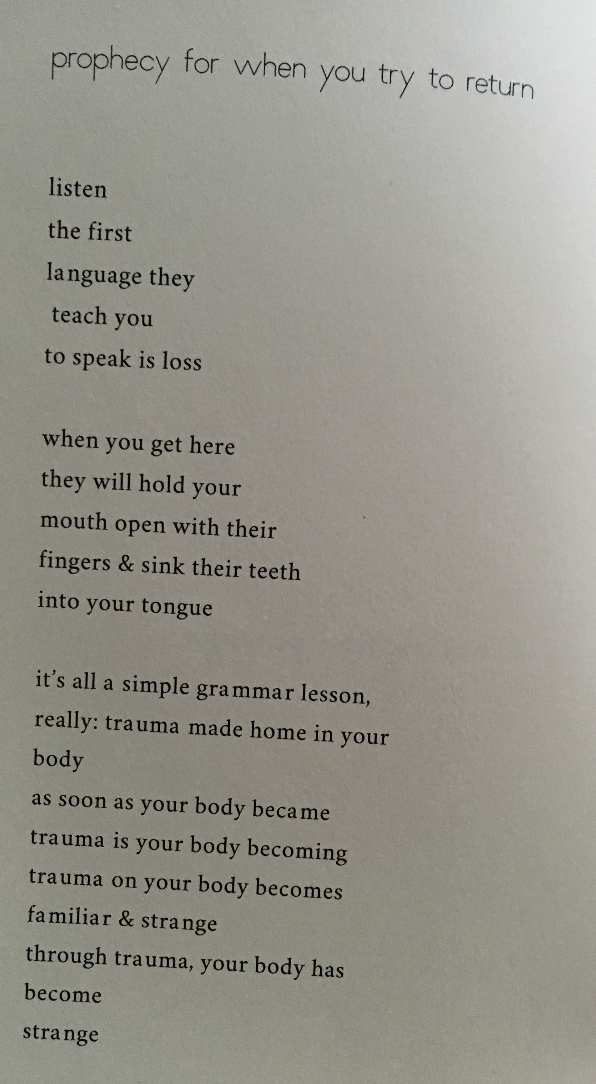
The need for me to play around with what language is or isn’t arrived from another question that was bothering me —is the English language limiting?
In asking this I’m asking if the very nature of English — with all it’s grammar rules, and pronunciation, and what is “appropriate” or “professional” or “good” or “bad” — is more about structuring confinement than it is about solely existing? Is confinement just an inherent part of English? Or any of the Latin-derived dialects for that matter? Can a language even be limiting? Or is it how its used that creates its limits?
Maybe yes to all. Maybe no to some. Maybe the limitations I experience lie in the fact that English is not supposed to be my “mother tongue”. Maybe I don’t connect with it because whatever it is I’m trying to manifest from within myself cannot be translated into this construction of reality. Maybe there are no words for it. No room for its expression. And I could be fine with that. But then I struggle to figure out how am I supposed to speak my truths.
I think of language as two parts. One, as a processing tool that manifests an individual and/or people’s imagination. And second, as all the forms of communication used between beings to communicate and connect amongst themselves and to *Others.
If language is processing how we connect to our realities, if it reflects and manifests our imaginations, then a truth for me is that the proprietors of the English language are and have always been quite limited in their beliefs. A limited world made real by limited languages from limited imaginations. English as it has been used, along with so many of the European diasporic languages/dialects seem to be more about categorization. How do I label a “thing” so that it exist to me? It relies on this type of centering of Self (Self here being Whiteness) as the foundation in which all other things can be made real, or have any meaning or substance or purpose. It says that I don’t exist unless existence is given to me.
In English, when you name something a thing, it implies that it must always be that, and it is hooked forever in that specific time frame or point. Whereas in Other indigenous languages and cultures, the naming of things and how people speak of and to each other highlights this implicit knowledge that we are rooted and connected. Thus our ways of knowing or acknowledging each other is about relation rather than the need for categorization as a means of control.
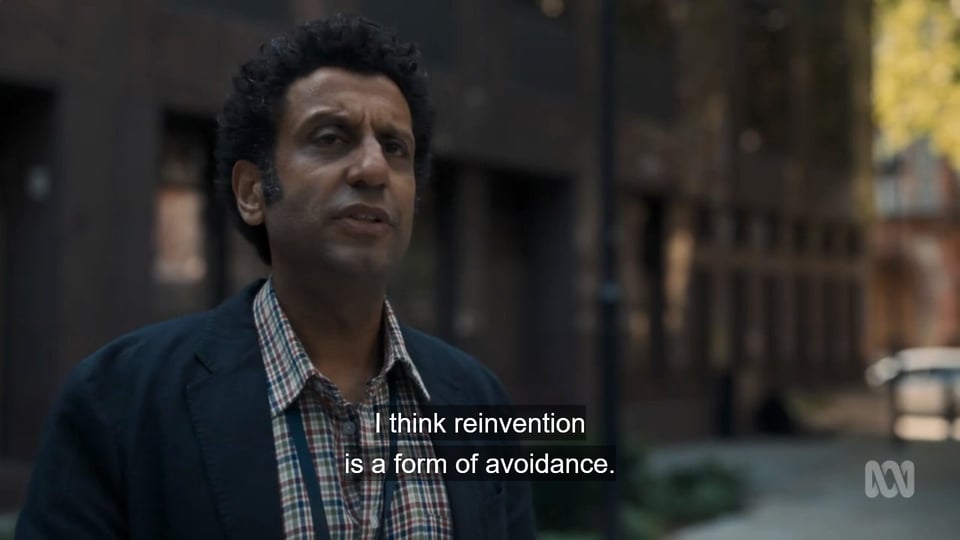
There’s also the case that with the use of the English language, there is a perpetual need to rebrand. To never truly care about knowing a thing, but to be able to label and relabel a thing as much as necessary in order to continue the illusion of Whiteness as dominating. New words and terms are created all the time. But I can’t help but notice that it has no meaning. What difference is there in meaning and in act between a futurist and a pioneer? And then what is that difference from a colonizer? And then what is that difference from Silicon Valley or the “Founding Fathers”? With English, we are always labeling and relabeling not to get closer to an understanding, but to further repress and keep hidden the core issue from which all other issues stem. So when a truth is uncovered about a name, we move on to the next one, and leave all blame and fault behind. We sanitize ourselves of any possibility of our potential to cause harm because we aren’t “that”. We’re now “this”.

The more and more I look for the words and languages that feel more resonate to me, the more I’m relying on the languages of Others — languages that are combinations of ancestral memory and the materials we have at our disposal. And the use of those languages help me to experience an embodiment that Whiteness is afraid of. It even helps in being able to use English and know how to navigate between using it as a manifestation of that limited imagination from which it originates vs my own. When English is used by its proprietors and its missionaries, you feel the confinement. But when it is used by Others, the language expands.
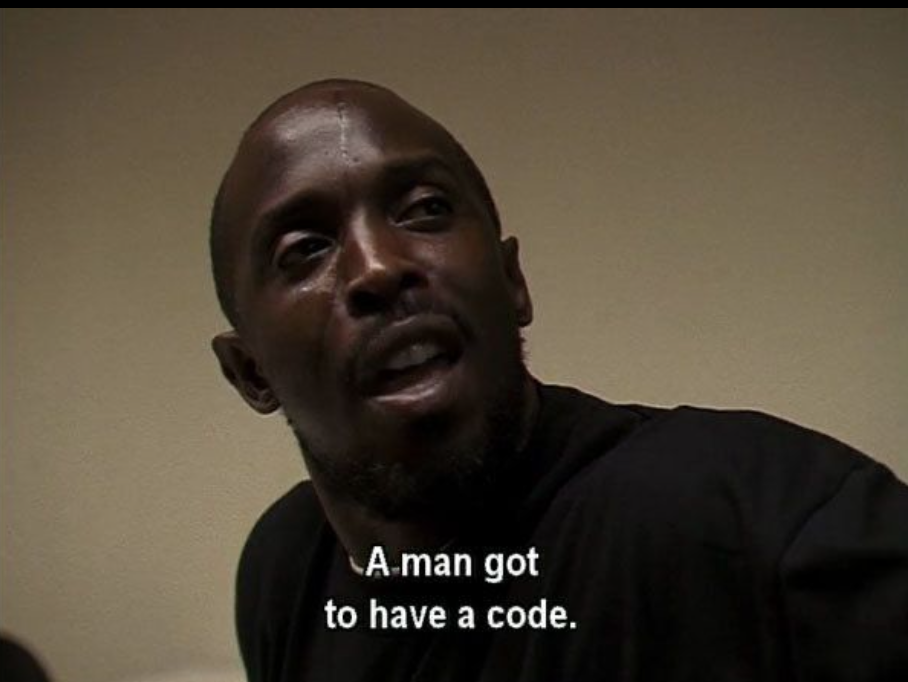
Our languages are code. It allows us a way to stay connected in ways that are more intrinsic to us. It reconnects us to our ways of dreaming and imagining. Of sacred practices. Of the way we tell stories. Of how we dance. Dress. Make music. Grieve. Share food. Share the land. Make jokes. Speak plain. We do not rely on language as this vague and disparate attachment in which we project onto others as a means of manipulation. But rather we use it as poetry to awaken our spirits.

When we speak our languages, whether the originals or remixed, we’re told not to speak them, either not too loudly or not at all. Or it’s co-opted into that chasm of nothingness. The more and more we try to carve realities outside of Whiteness, the more and more it tries to inundate us with new terms or coinages (in English) that offer the same nothingness. And this is why I find it so critical to keep to our codes. We must keep to our codes. We must keep to the ideas that are nonsensical to the masses. We must keep to our rhythms and patterns. We must not teach them everything we know. Suck your teeth. Pop your ass. Take the day off to go get that hair done. Wear the adornments. Speak the Broken english. The awful conjugations of words that make you sound unintelligent. And as writer/cook Mennlay Aggrey so rightfully discusses in her newsletter, pronounce the ‘L’ in salmon.
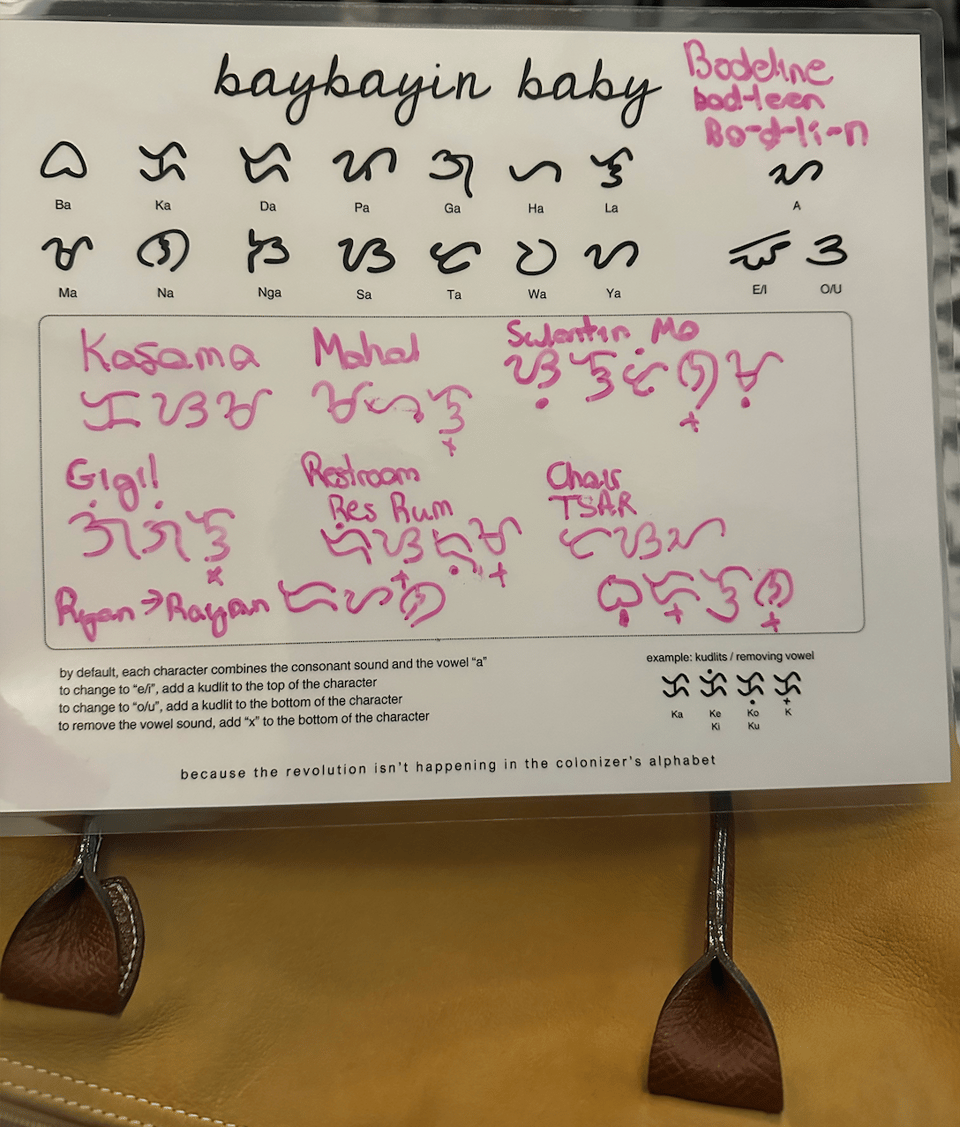
Do I believe in Whiteness’ credibility to think critically about itself? To world-build? I can’t say that I do. Because I’ve seen the world its built, and I understand from its language construction and use that it rarely holds the capacity to do the inner work that’s necessary to do anything different.
We may use the same languages, but we will always mean different things.
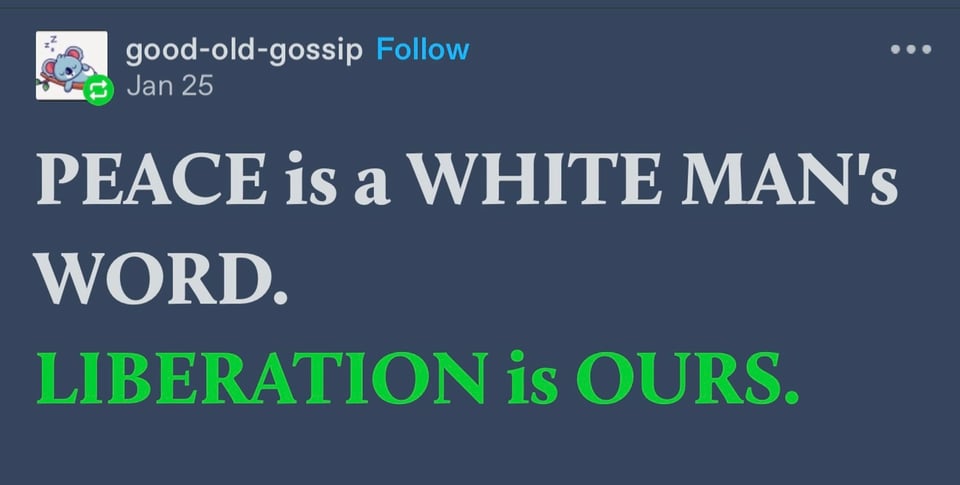
*Others: Whiteness exist by “othering” everything else. It creates an opposition as well as armor by doing so. When I say Others, I’m talking about all of the things that do not get to fit into Whiteness so that it can claim its sanctity and superiority.
Add a comment: